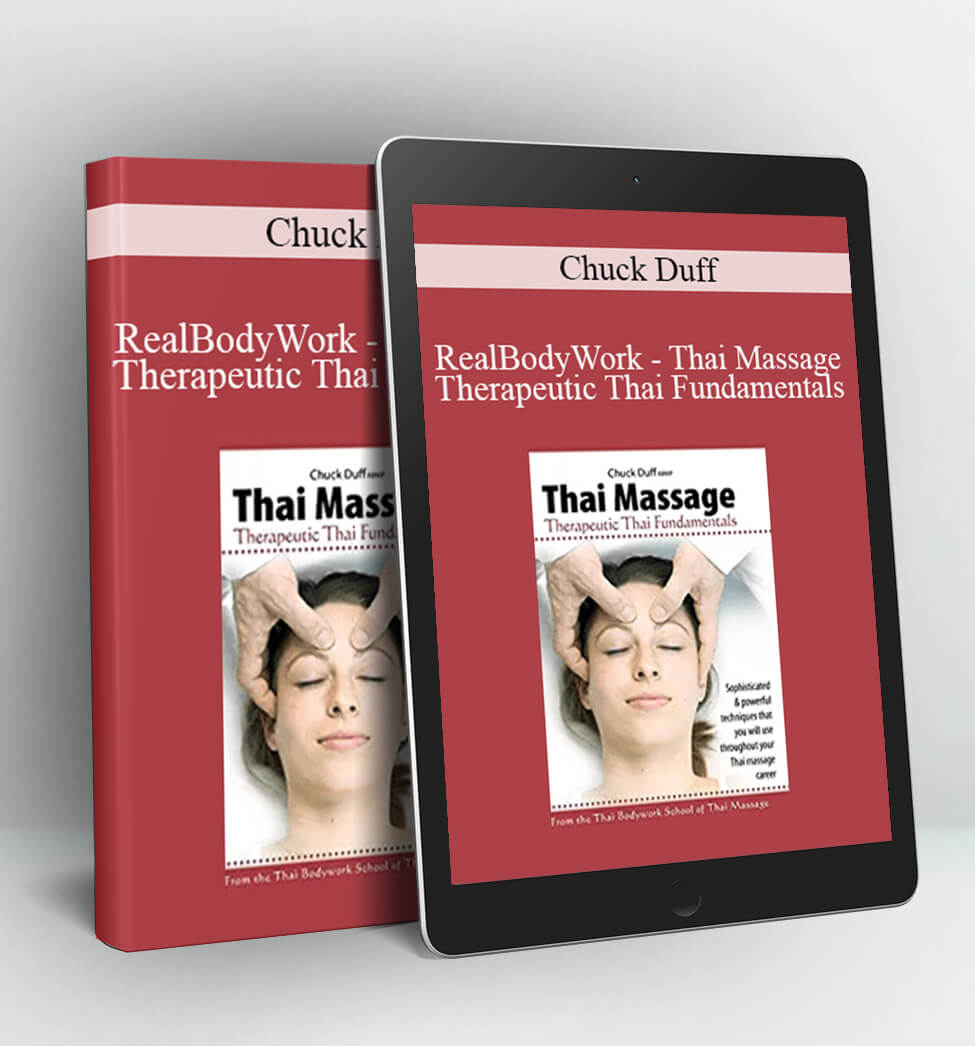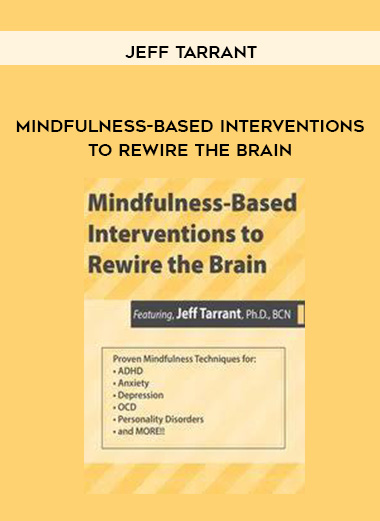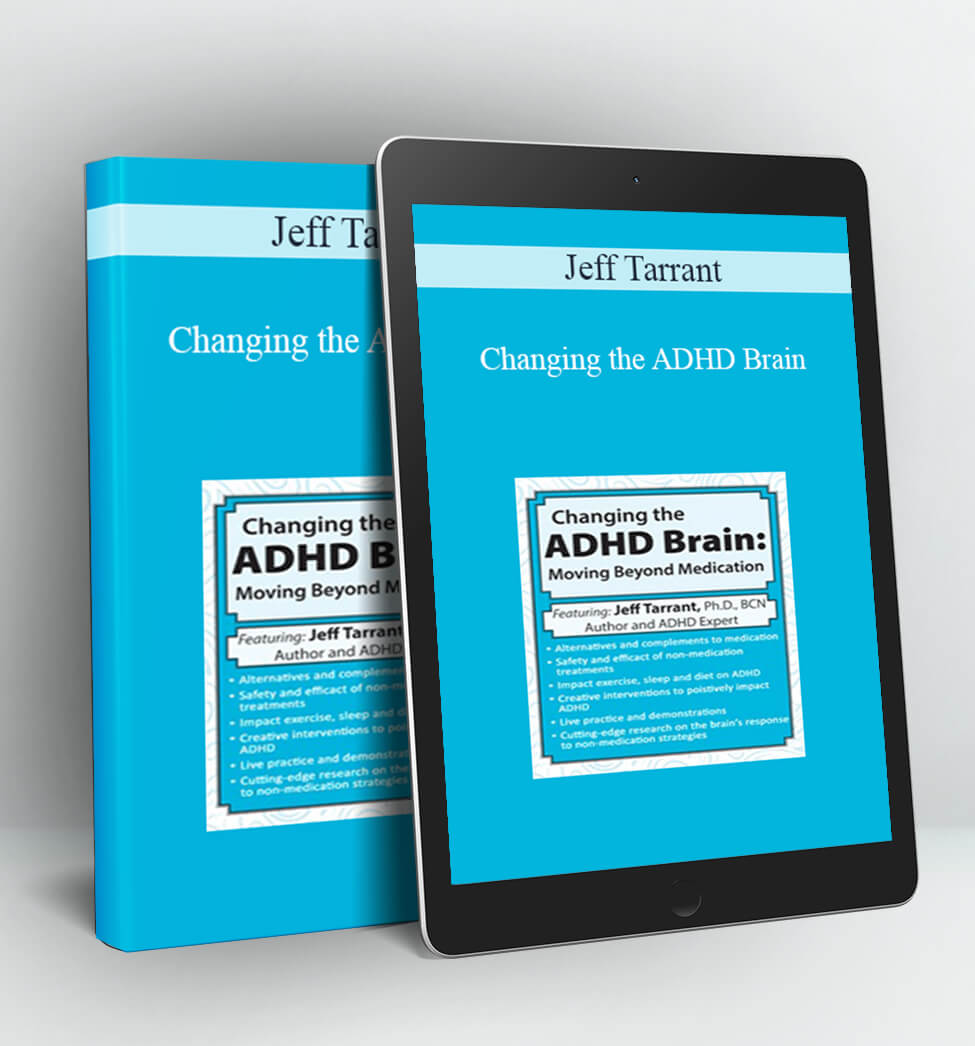CHANGING THE ADHD BRAIN: MOVING BEYOND MEDICATION & BEHAVIOR MANAGEMENT – JEFF TARRANT
Many times ADHD is treated with medication and behavior management and the outcomes can become insufficient. The good news is that there are many non-medication treatment options that are available and could be effective for your client. There has been a growing concern about the long-term use of stimulants and the side effects medication can have on your clients. Watch this recording and discover strategies and treatment options that can get to the root of the problem rather than ignore or controlling it.
Learn how to utilize brain-based research and understand how it can help you find characteristic patterns associated with ADHD. With this knowledge you can then learn how to direct creative interventions that can have a positive impact on ADHD as well as a range of co-morbid issues in your clients including depression, anxiety and learning problems. Learn practical interventions informed by the brain-based research and you might be able to achieve better outcomes with your clients. Understand ADHD in a different perspective and utilize interventions outlined in this recording to more effectively treat your children and adolescent clients.
- Analyze the efficacy of both non-medication and medication strategies to inform the clinician’s choice of treatment interventions.
- List common nonmedication treatments to alleviate symptoms of ADHD in clients.
- Explore the symptoms of sleep deprivation in children and adolescent clients with ADHD.
- Evaluate the role of overstimulation as it relates to the assessment and treatment of clients with ADHD.
- Analyze the efficacy of lifestyle interventions as it relates to the improvement of ADHD symptoms in clients.
- Summarize the influence of diet and nutrition on ADHD symptoms in relation to assessment and treatment planning.
Why Not Medication?
- Concerns with long-term stimulant use
- Does stimulant use lead to drug abuse?
ADHD and the “Immature” Brain
- Brain imaging evidence
- Implications for Treatment
Movement-Based Strategies
- Wake up an underaroused ADHD brain
- Hyperactivity as an adaptive mechanism
- Play and exercise grow the brain
- Role of rhythm and timing training
- Integrated movement systems for ADHD
The Latest Research on Diet and Nutrition
- Importance of proper sugars, fats, proteins and water
- Omega 3-6-9: What you need to know for brain health
- Multivitamins/minerals: Do they make a difference
- Food sensitives: the role of gluten
- Food additives
- Pesticides
- Optimal diet for ADHD
Frontal Lobe/Working Memory Strategies/Tools
- Use it or lose it: Brain training changes the brain
- Games for impulse control and working memory
- Computerized cognitive training programs
ADHD and Nervous System Hypersensitivity
- Overstimulation as a role in ADHD
- Stress and sympathetic arousal patterns
- Implications for treatment
- Breathwork and heart rate variability biofeedback
Environmental Influences
- Video games and Social Media
- Sleep deprivation
- Same symptoms as ADHD
- Strategies to help insomnia
- Environmental toxins: lead, phthalates, pollution
- Nature Deficit Disorder: time outdoors helps with multiple ADHD concerns
The Latest Research on Lifestyle Interventions
- Nature
- Sleep
- Light and sound strategies
- Aromatherapy
Tag: Changing the ADHD Brain: Moving Beyond Medication & Behavior Management – Jeff Tarrant Review. Changing the ADHD Brain: Moving Beyond Medication & Behavior Management – Jeff Tarrant download. Changing the ADHD Brain: Moving Beyond Medication & Behavior Management – Jeff Tarrant discount.






